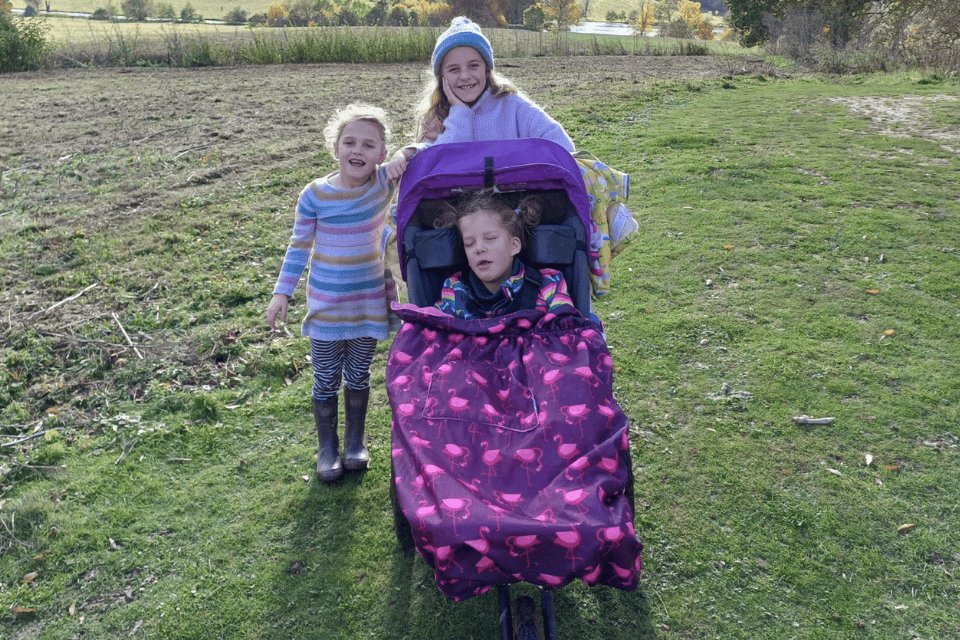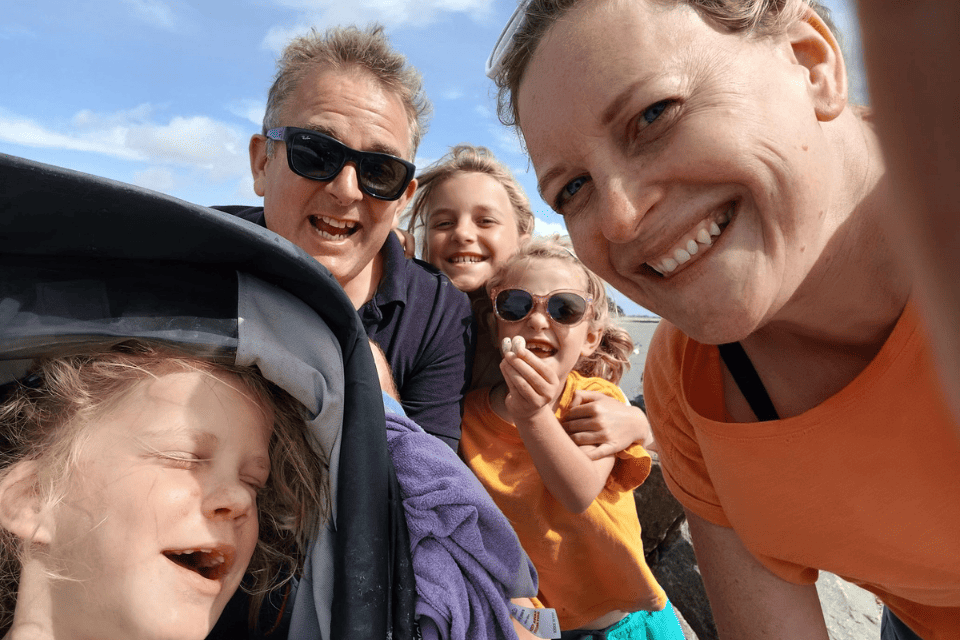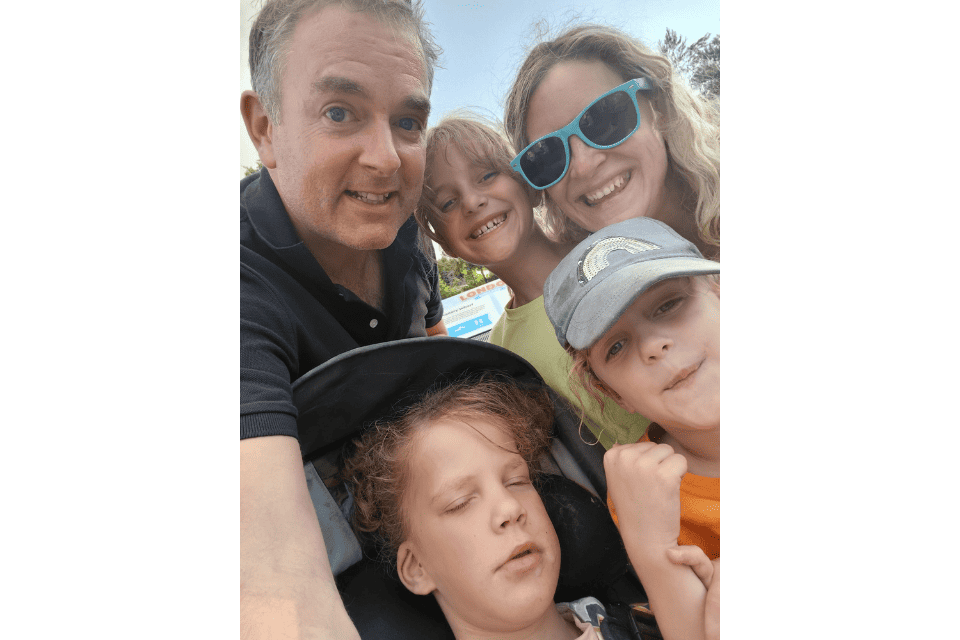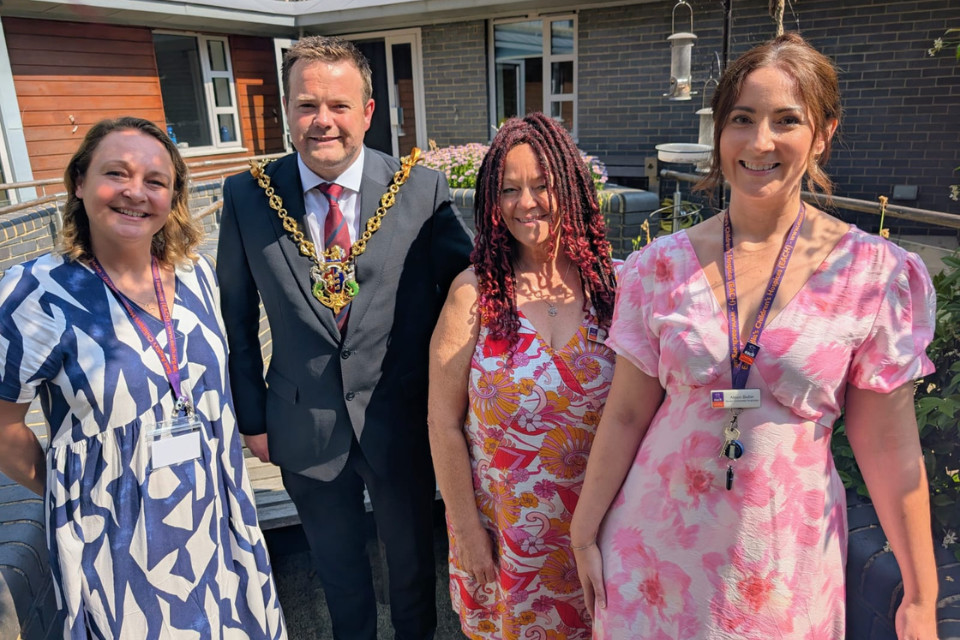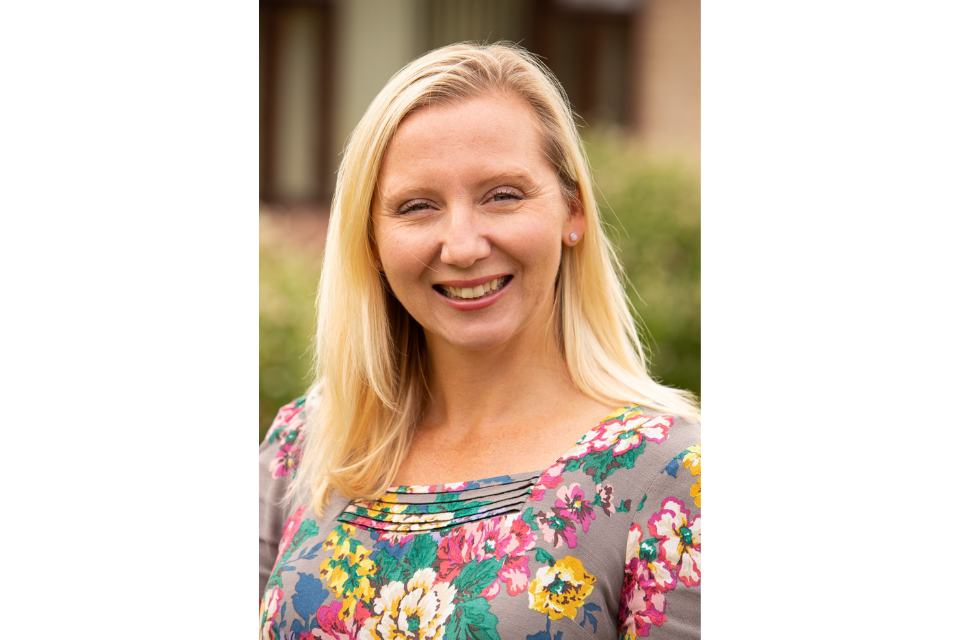A mum whose daughter has a rare genetic condition has spoken of the “invaluable, game-changing” support her family receives from a charity’s Help at Home service.
Nine-year-old Winnie Heath is one of only 15 children in the world known to have a variation of the CDK8 gene.
She also has a congenital heart defect and epilepsy, is unable to walk or talk and is blind.
Winnie, from Saffron Walden, receives care from East Anglia’s Children’s Hospices (EACH) and her family benefits from its Help at Home service.
This is where a volunteer is paired with a family to provide vital practical support in the home, with things like gardening, shopping, cooking, vacuuming, dusting, washing, ironing and dog-walking.
“We’ve had so much invaluable help down the years. It’s been amazing – a real saviour and game-changer,” said Winnie’s mum, Fiona Eldridge.
“Without doubt, I’d say it’s one of the most important things EACH does.
“It makes such a difference – in terms of practical help, of course, but also just knowing that some wonderful, kind, cheerful person with a positive, can-do attitude is there to support you.
“That knowledge is an amazing feeling, especially when you’re feeling bogged down.
“It gives you a real lift because, in all honesty, we’re never going to get round to jobs like cutting the grass.
“We barely have a spare minute and are permanently short of time, because we have to care for Winnie. It’s exhausting and we don’t have down days.
“A task like cutting the grass, therefore, is always going to get pushed down the pecking order of jobs.
“It’s a massive weight off our shoulders – a real gift – and to say we’re grateful is an understatement.”
Fiona, husband James, Winnie and sisters Molly, who will be 11 on 30th January, and Wanda, seven, have been supported by different volunteers down the years.
They have received help in the kitchen and there was another occasion when a team of volunteers helped do some painting.
“One of our first volunteers was an amazing cook,” said Fiona.
“She’d come in and rustle up the most delicious one-pot dishes.
“Out of necessity, we ate a lot of quick dinners – not necessarily takeaways but things straight from the freezer.
“Suddenly we had someone coming in making these nutritious, tasty meals. It was a godsend and we all enjoyed her cooking very much, including Winnie.
“There was another time just after we’d moved home when three or four brilliant volunteers came in and painted the entire upstairs of our new house.
“It was amazing – like one of those DIY SOS programmes you see on TV.
“It would have taken us ages to get everything done and yet they came in and blasted everything in a day. Amazing.”
The family’s most recent green-fingered volunteer helped maintain their garden.
“She was also amazing – so positive, full of energy and a real breath of fresh air,” said Fiona, who, like her husband, is an NHS therapist.
“I’d liken her to a chameleon, because she turned her hand to anything and adapted to whatever needed doing.
“She blended into whatever situation she was presented with and was so creative and full of ideas.
“Volunteers think the help has to be physical, but that’s definitely not the case. The smallest things can make the biggest difference.
“Help at Home really helps as Winnie’s condition makes it necessary for us to work reduced hours, in order to care for her. She also has hugely high equipment and specialist therapy costs, in the form of physio and speech and language.
“That means there’s no spare money to pay someone to do jobs like gardening that we just don’t have time to do. That’s another reason why having a volunteer is so fabulous.”
To read more about Help at Home, click here.
For more information about the service, head to the EACH website, email [email protected] or call 01223 800800 (select option four).
